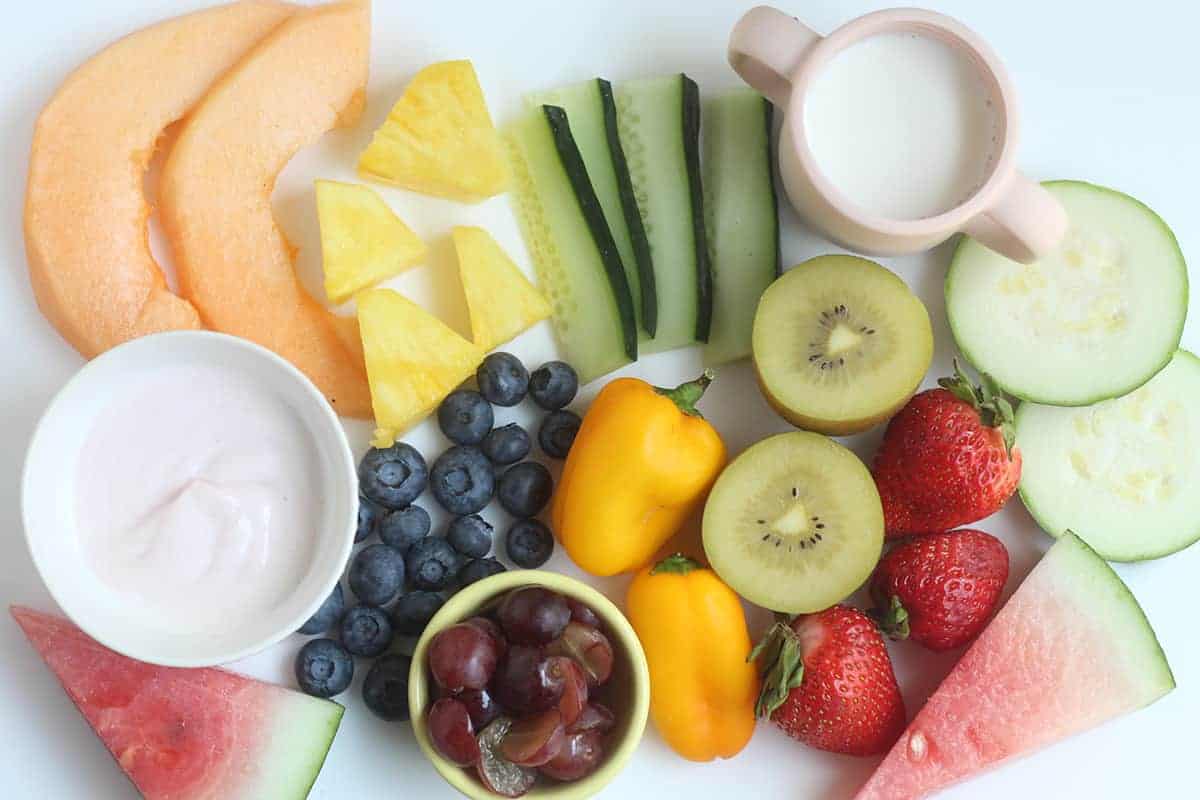Engaging in outdoor activities can be quite draining, particularly in terms of water loss. With your body being composed of at least 60% water, it is essential for maintaining proper bodily functions. However, the combination of high temperatures and excessive sweating can lead to rapid dehydration.
The positive aspect is that you don’t necessarily have to consume large volumes of water to stay hydrated. Your body can also obtain necessary hydration from the foods you consume.
Understanding the Importance of Hydration
Water plays a vital role in maintaining overall well-being, which might not be immediately apparent. It aids in regulating body temperature, warding off infections, eliminating waste, and facilitating the delivery of nutrients to cells. Moreover, water contributes to mental wellness, influencing factors such as sleep, memory, cognitive function, and mood. Insufficient hydration could result in difficulties in these areas.
Common signs indicating dehydration initiation include:
- Constipation
- Dry mouth
- Lackluster skin
- Fatigue
- Headaches
How much Water should you Drink a Day?
Sarah Adler, MS, RD, a performance dietitian affiliated with UCLA Health Sports Performance, recommends a daily intake of ½ to 1 ounce of water per pound of body weight. This quantity varies depending on factors such as weight and activity level.
Meeting the suggested daily water intake might appear challenging, but there are alternatives to plain water. Hydration can also be obtained from beverages like coffee, tea, flavored still or sparkling water, and even from food.
Examples of Hydrating Foods
Approximately 20% of the body’s water requirement is typically fulfilled through the consumption of food throughout the day. Raw fruits and vegetables tend to have the highest water content among foods. Incorporating a diet rich in produce not only provides essential vitamins, minerals, and fiber but also contributes to your daily water intake.
Opting for fruits and vegetables with over 80% water content is beneficial. Particularly, those with a water content exceeding 92% offer the most efficient hydration for the body.
1. Cucumber (96%)
With their exceptionally high water content, cucumbers stand out as one of the most hydrating solid foods. They are not only refreshing but also offer a modest amount of essential nutrients such as vitamin K, potassium, and magnesium. Compared to other water-rich vegetables, cucumbers are notably low in calories, containing merely 8 calories in a half-cup (52-gram) serving. This low calorie-density makes them an excellent choice for weight management while providing hydration.
Cucumbers are versatile in culinary applications, commonly featured in salads and sandwiches, and can also be incorporated into cooked dishes like stir-fries and soups.

2. Iceberg Lettuce (96%)
While darker leafy greens are celebrated for their fiber, folate, and vitamin K content, when it comes to hydration, crisp iceberg lettuce excels.
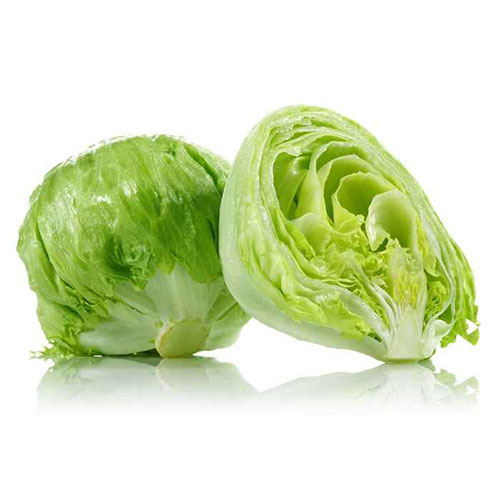
3. Celery (95%)
Celery, rich in water content, is also a notable source of dietary fiber. Pairing it with protein-rich nut butter creates a satisfying and hydrating snack option.

4. Tomatoes (94%)
Though often mistaken as vegetables, tomatoes are botanically fruits with remarkably high water content. They also contain lycopene, a compound known for its cell-protecting properties.
Tomatoes boast an impressive nutrient profile and potential health benefits. A medium-sized tomato alone contributes roughly half a cup (118 ml) of water and is rich in immune-boosting vitamins A and C.
Additionally, tomatoes are low in calories, with only 32 calories in a 1-cup (149-gram) serving, owing much to their high water content. They are also abundant in fiber and antioxidants like lycopene, which has been linked to a reduced risk of heart disease and prostate cancer prevention.
Tomatoes are versatile in cooking, commonly used in soups, sauces, salads, and salsa preparations.
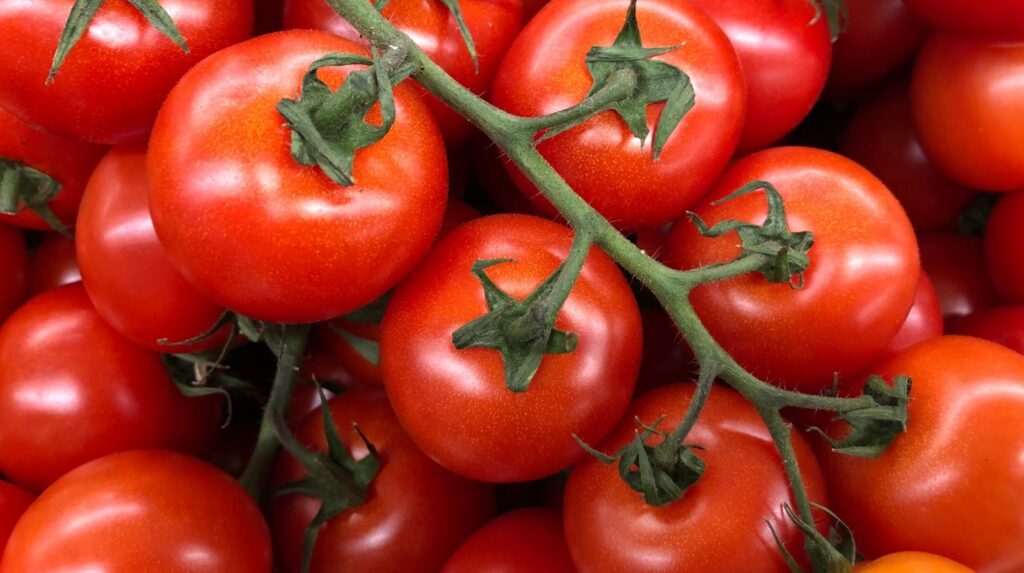
5. Radishes (95%)
Packed with flavor, vitamin C, and fiber while being low in calories, radishes make a nutritious addition to green salads or can be grated into summer slaws.
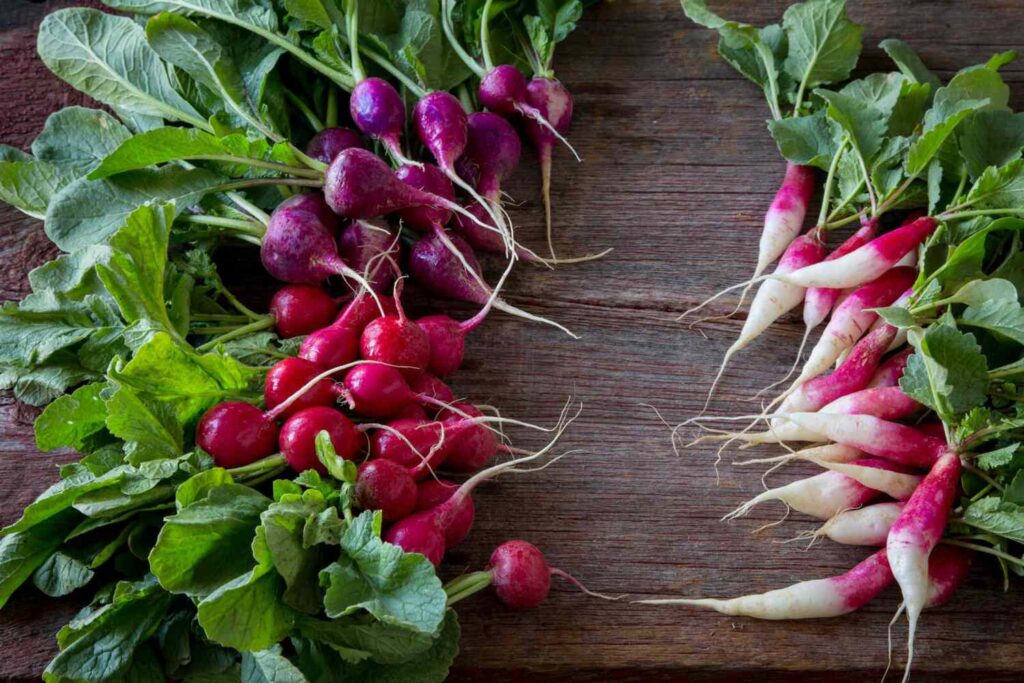
6. Romaine Lettuce (95%)
Rich in both water content and essential nutrients, such as vitamins C and A, folate, and fiber, romaine lettuce offers a hydrating and nutritionally dense option among leafy greens.
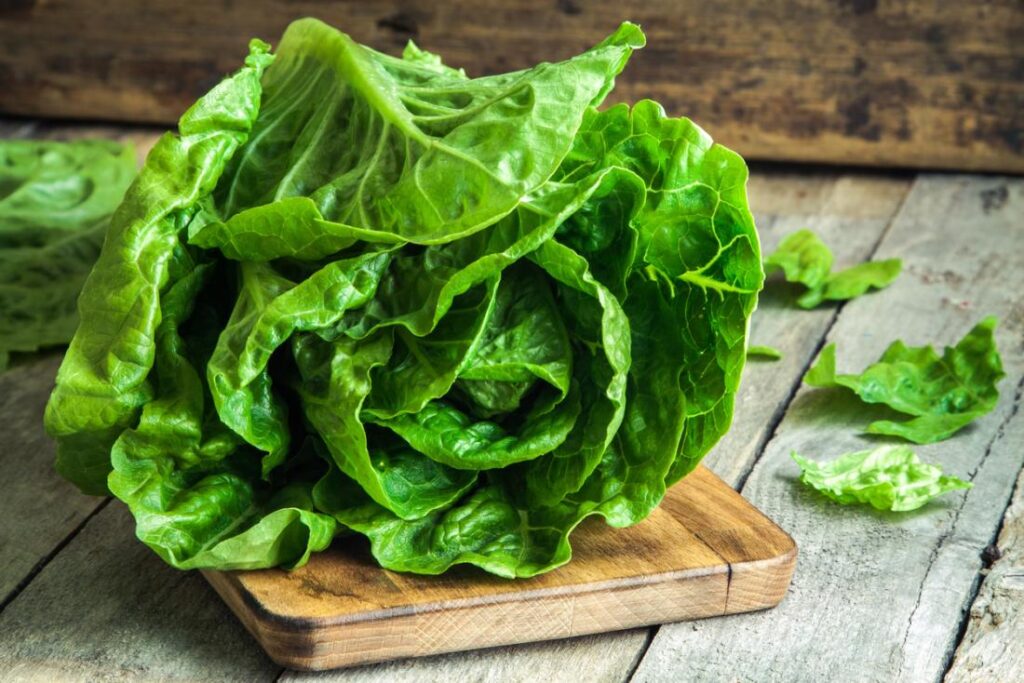
7. Asparagus (92%)
While most individuals opt for cooked asparagus due to its rough texture, its water content remains consistent whether consumed raw or cooked. Therefore, go ahead and enjoy cooked asparagus spears without concern.
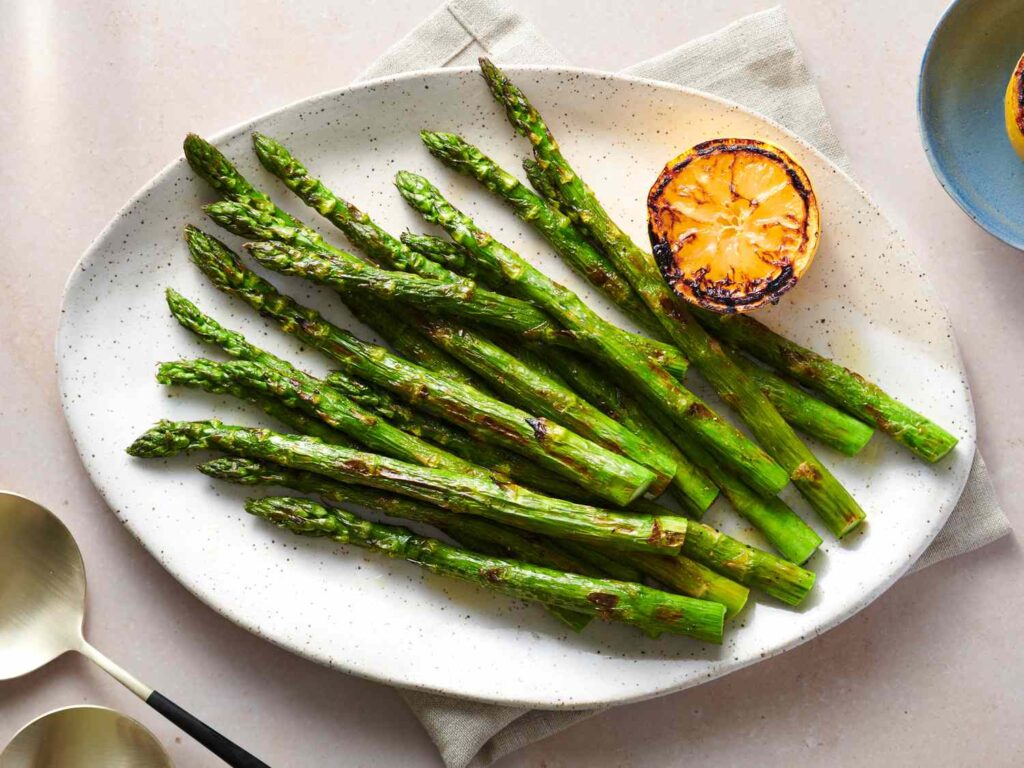
8. Grapefruit (88%)
Grapefruit stands out as an incredibly nutritious citrus fruit, offering numerous health benefits. In a half of a grapefruit (123 grams), you’ll find nearly half a cup (118 grams) of water, making a significant contribution to your daily hydration needs.
Furthermore, grapefruit is packed with fiber, antioxidants, and various vitamins and minerals like vitamin A, potassium, and folate. Notably high in immune-boosting vitamin C, a half of a grapefruit (123 grams) provides 120% of your daily requirement.
Numerous studies indicate that incorporating grapefruit into your diet may aid in weight loss, as well as lower cholesterol, blood pressure, and blood sugar levels. You can easily enjoy grapefruit by consuming it plain, blending it into smoothies, or adding it to salads.
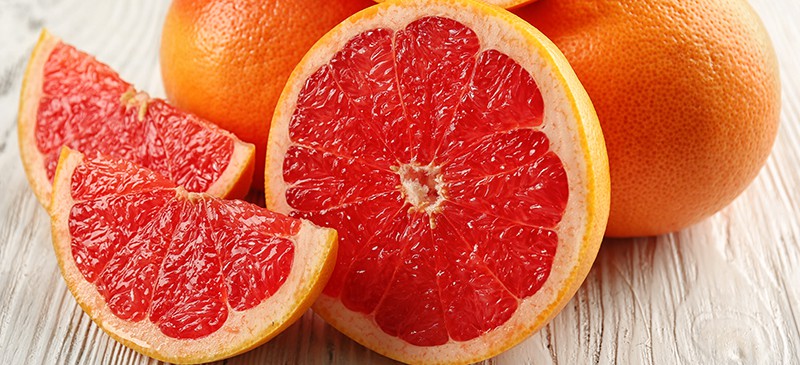
9. Bell Peppers (92%)
While bell peppers in all shades offer hydration, green ones boast the highest water content. Additionally, bell peppers are rich in antioxidants, providing added nutritional benefits.
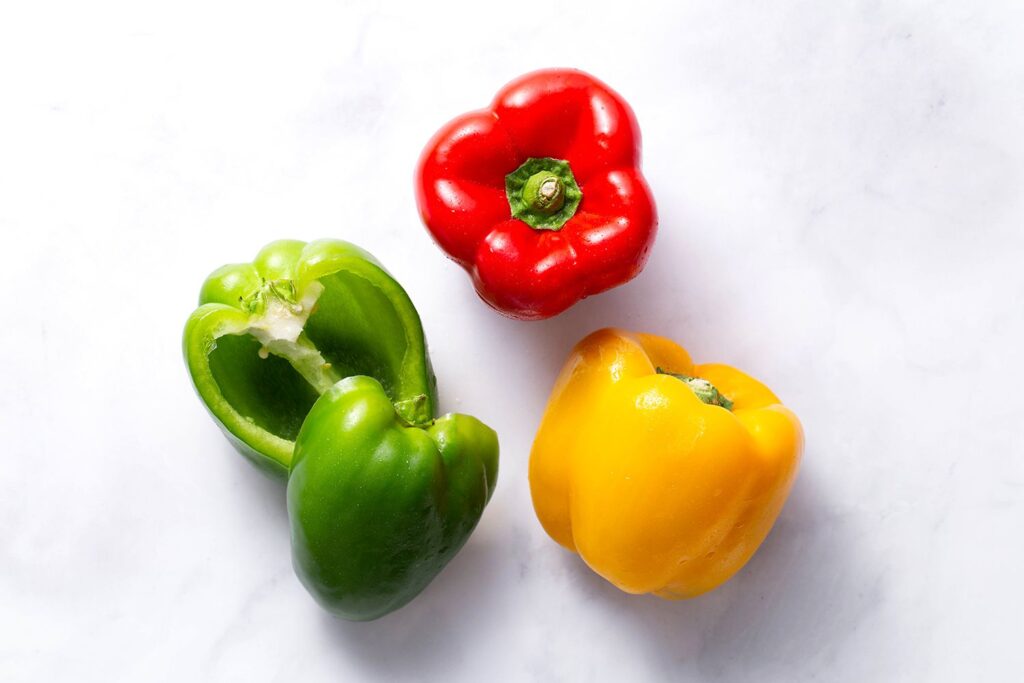
10. Cabbage (92%)
All varieties of cabbage contain significant amounts of water, both in their raw form and even more so when cooked (94%). Certain types of Chinese cabbage, such as bok choy, are comprised of 96% water and contribute excellently to salads.
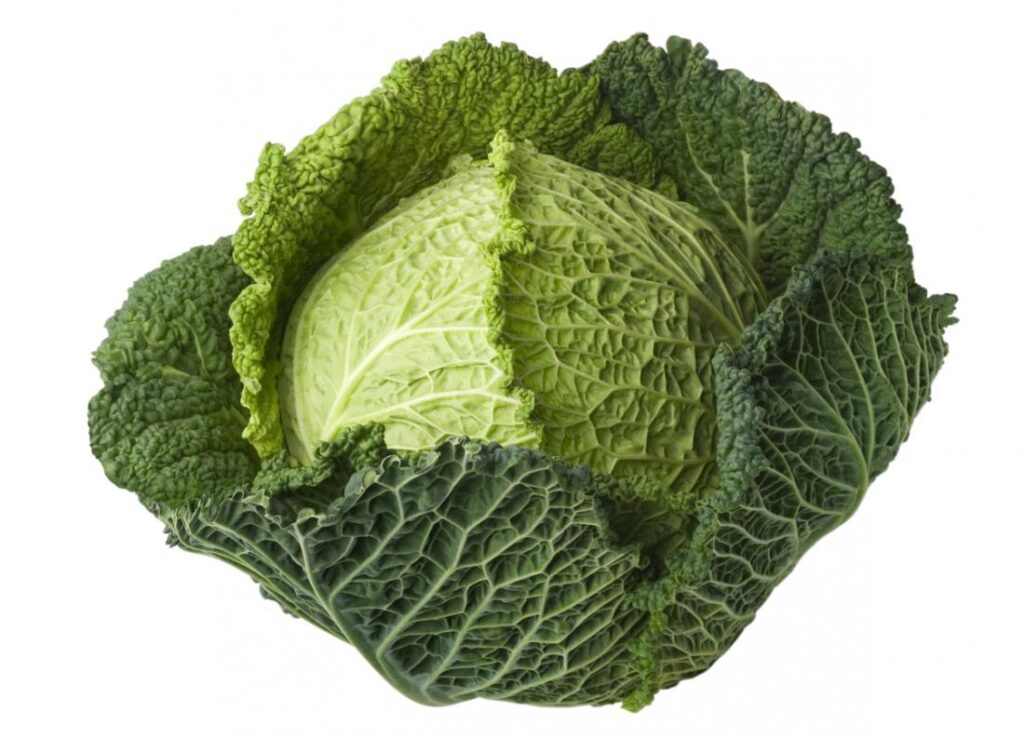
11. Cauliflower (92%)
For enthusiasts of riced cauliflower who prefer it cooked, cooked cauliflower, like cabbage, contains even more water (93%) than its raw counterpart. Cauliflower is a highly nutritious and hydrating vegetable worth incorporating into your diet.
A cup (100 grams) of cauliflower yields over a quarter cup (59 ml) of water, alongside 3 grams of fiber, which helps reduce appetite. Its substantial water content contributes to its low calorie count, with just 25 calories per cup.
Moreover, cauliflower is rich in over 15 different vitamins and minerals, including choline, an essential nutrient crucial for brain health and metabolism. You can utilize cauliflower as a substitute for less hydrating grains by finely chopping it into “rice” or using it as a base for a cauliflower-based pizza crust.
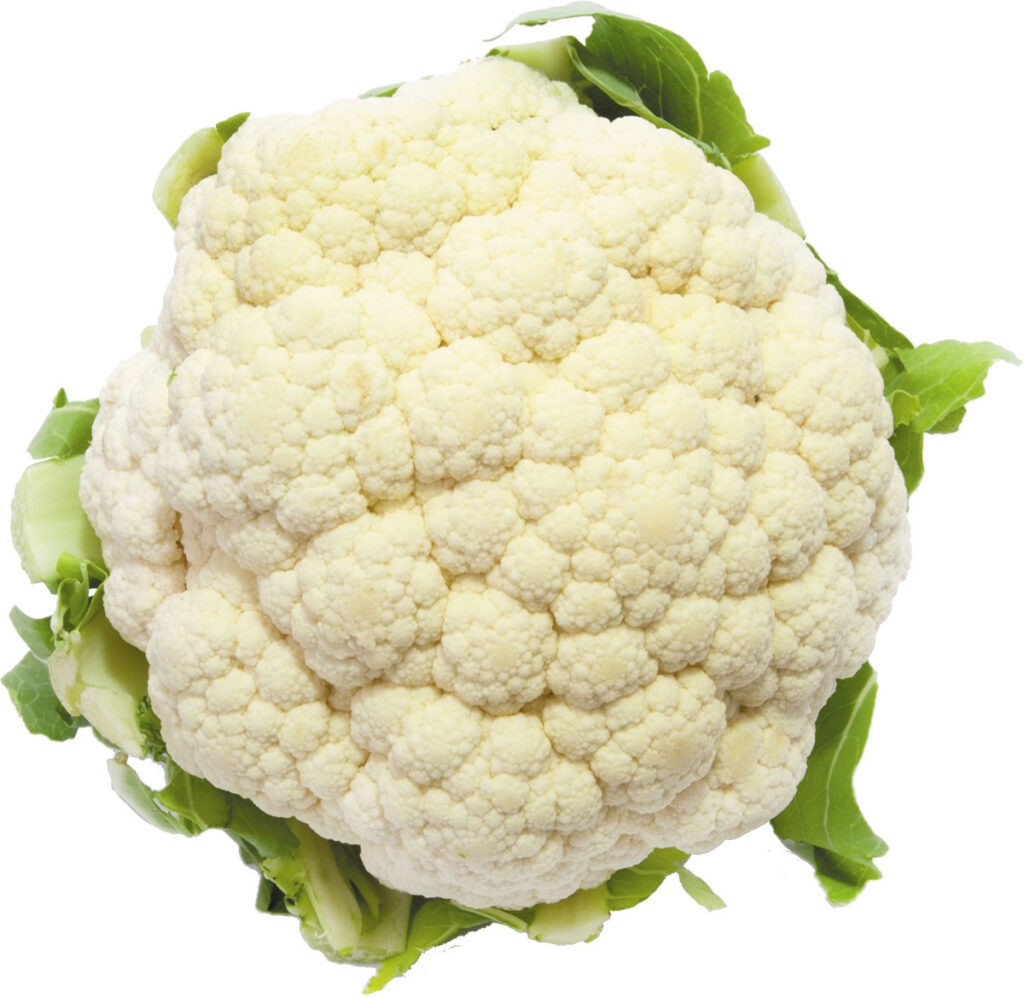
12. Mushrooms (92%)
Mushrooms offer remarkable health benefits, particularly when consumed raw to maximize their water content.

13. Coconut Water (95%)
Coconut water serves as an exceptionally healthy hydrating beverage, boasting a high water content alongside essential electrolytes like potassium, sodium, and chloride. Research suggests that coconut water may effectively aid in rehydration and contribute to post-exercise recovery due to its electrolyte composition.
Opting for coconut water post-exercise proves to be a healthier alternative to conventional sports drinks, often laden with added sugars and other undesirable ingredients. For instance, a 1-cup (237-ml) serving of Gatorade contains 13 grams of sugar, which exceeds that found in an equivalent amount of coconut water by 50%.
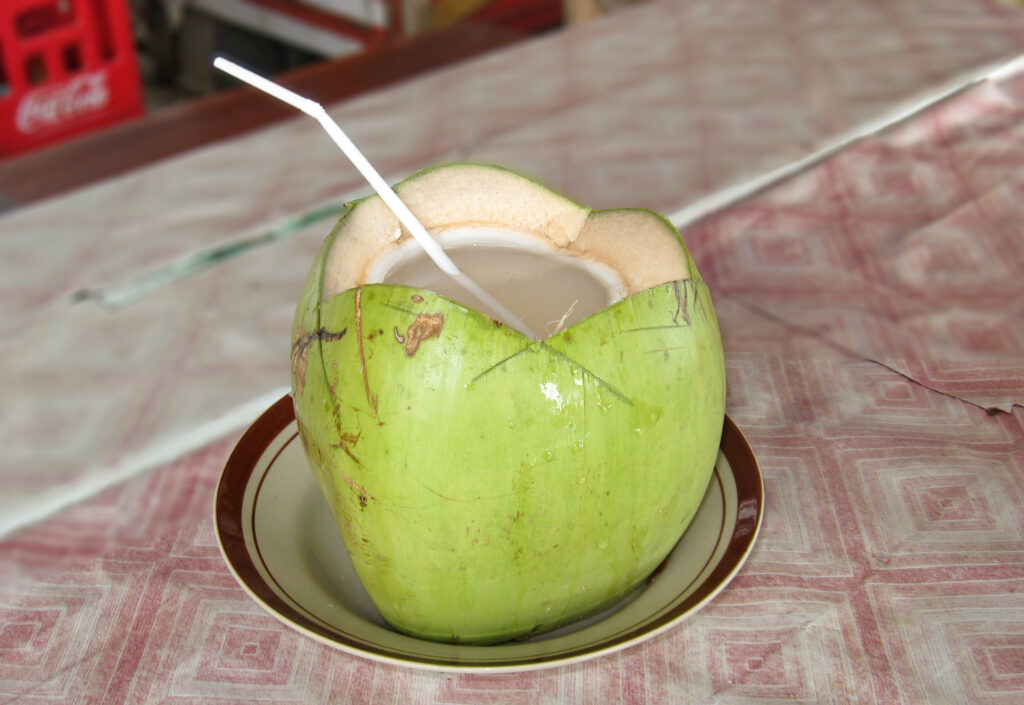
14. Spinach (92%)
A summer staple for salads and smoothies, spinach not only provides hydration but also delivers a wealth of nutrients, including calcium, magnesium, iron, and potassium.
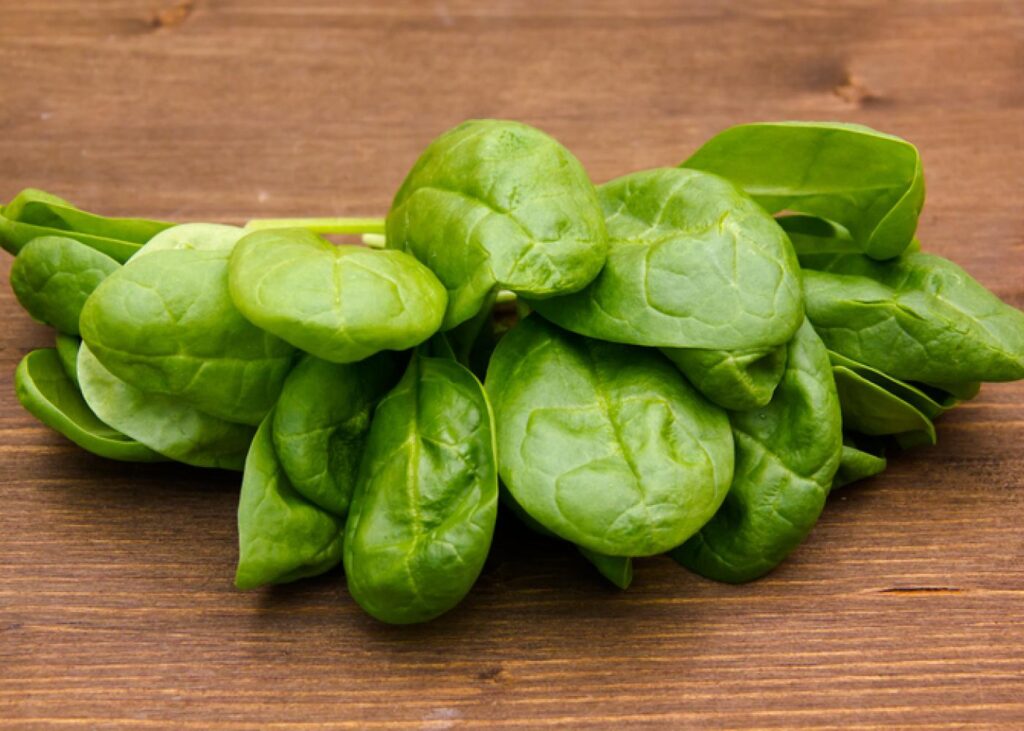
15. Strawberries (92%)
These delectable berries make an excellent choice for refreshing hydration during hot weather. Low in calories yet high in water, fiber, and vitamin C, strawberries offer a satisfying and nutritious snack.
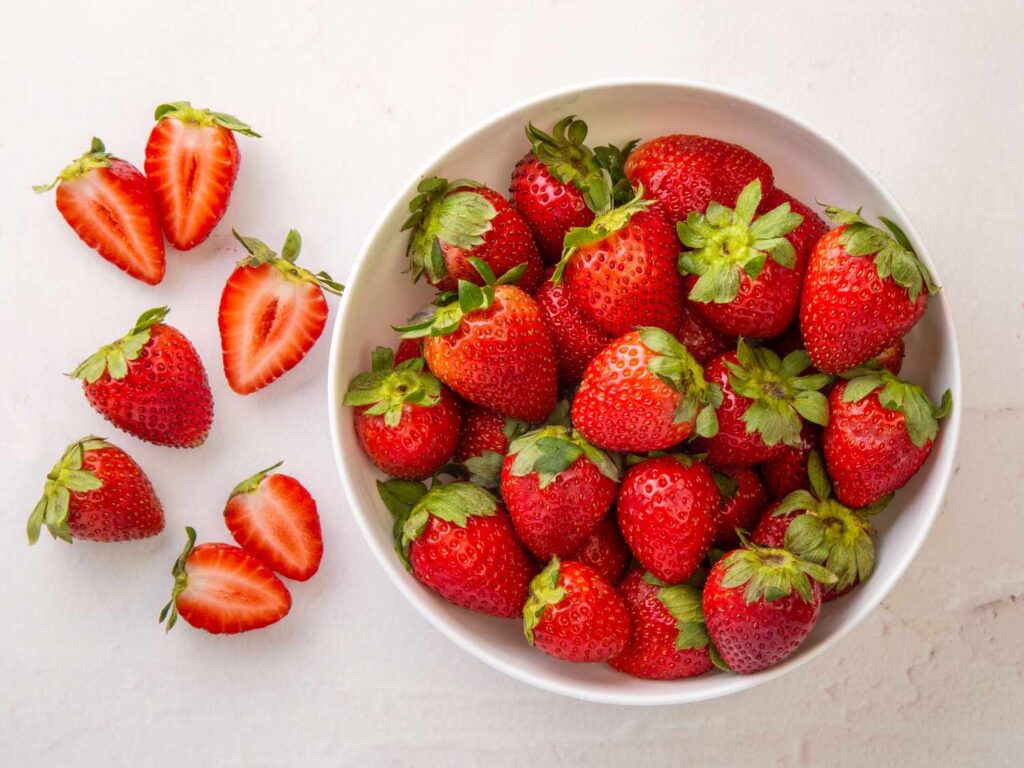
16. Cottage Cheese (80%)
Cottage cheese stands out as a nutritious dairy product with hydrating properties, consisting of approximately 80% water content. In addition to its hydrating nature, cottage cheese boasts 25 grams of protein per 1-cup (225-gram) serving, fulfilling 50% of your daily protein needs.
Its high water and protein content contribute to its satiating effect, potentially aiding in appetite reduction. Furthermore, cottage cheese offers a rich nutritional profile, providing significant amounts of phosphorus, calcium, and selenium, meeting 36%, 19%, and 31% of your daily requirements, respectively, in just 1 cup (225 grams).
Moreover, cottage cheese serves as a notable source of B vitamins, including riboflavin and vitamin B12, essential for brain health, metabolism, and bone maintenance. Incorporating cottage cheese into your diet is effortless; it can be mixed with fruit, used as a spread, added to salads, or enjoyed alongside an omelet.
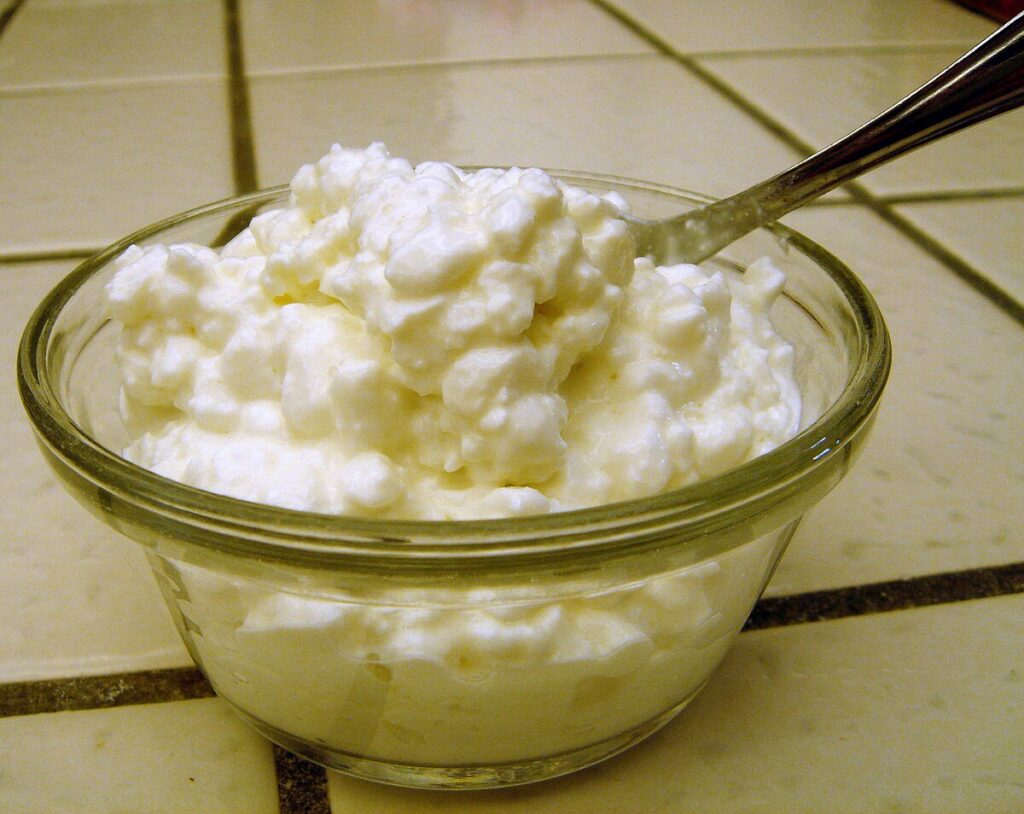
17. Watermelon (92%)
Renowned for its hydrating properties, watermelon also stands out as a rich source of lycopene, much like tomatoes and other red fruits and vegetables. A 1-cup (154-gram) serving of watermelon contains more than half a cup (118 ml) of water, alongside some dietary fiber and various essential nutrients like vitamin C, vitamin A, and magnesium. With just 46 calories per cup, it maintains a notably low calorie count.
Due to its high water content, watermelon possesses a low calorie density, implying that consuming a sizable portion of watermelon yields minimal calorie intake. Foods with low calorie densities are recognized for their efficacy in weight loss as they promote feelings of fullness and decrease appetite.
Moreover, watermelon is abundant in potent antioxidants, including lycopene, which has been extensively studied for its capacity to mitigate oxidative stress in cells, a factor implicated in the onset of conditions such as heart disease and diabetes.
Incorporating watermelon into your diet is effortless as it can be enjoyed as a refreshing snack or side dish and is frequently utilized in salads.
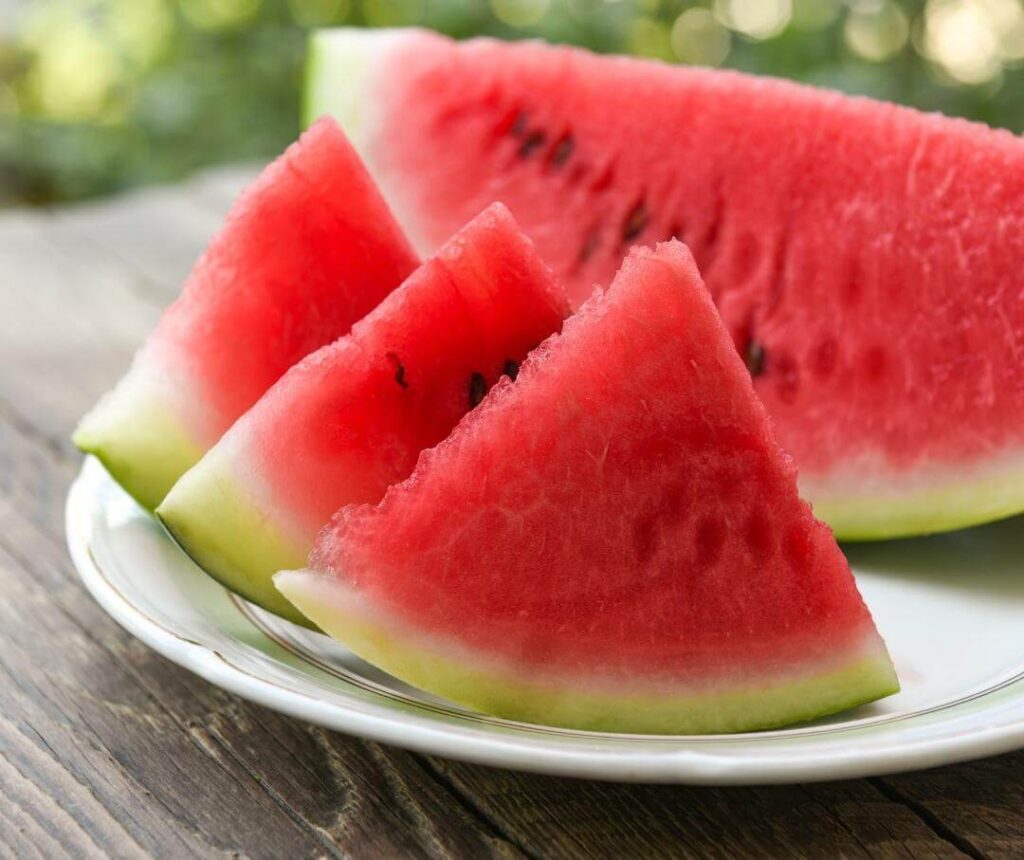
Outlook
For personalized advice regarding your hydration needs, it is advisable to consult your primary care physician.
